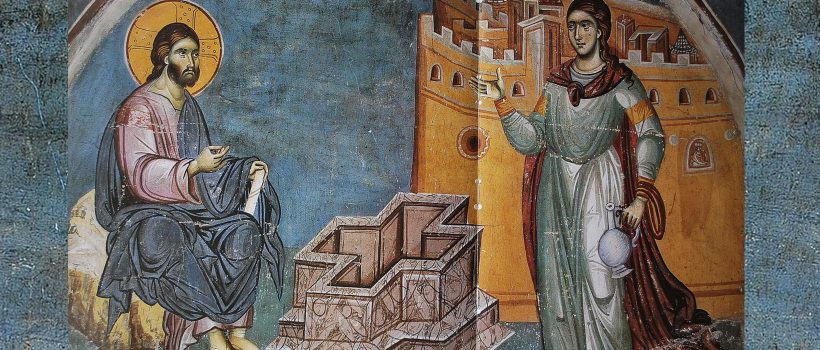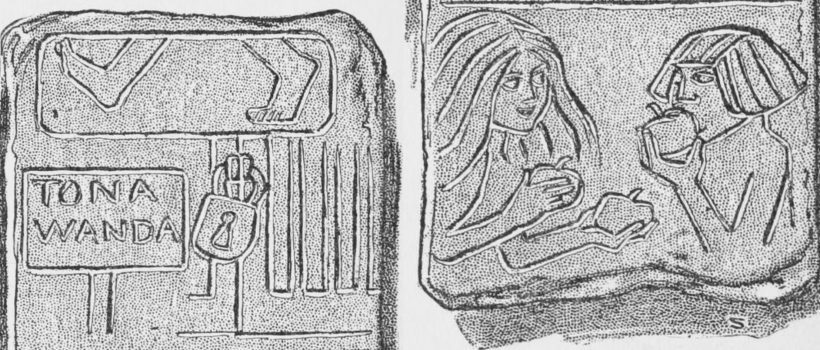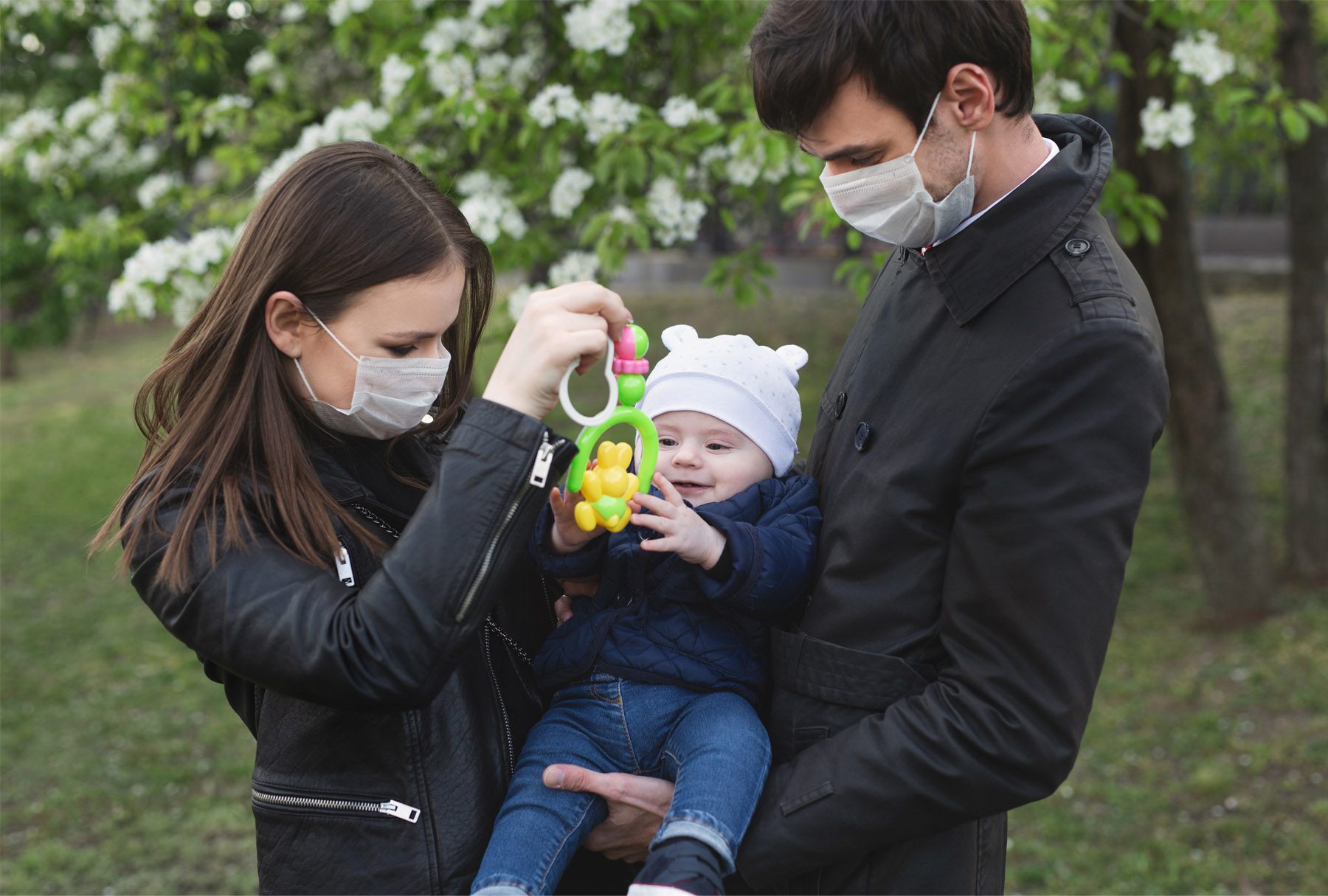What Joy of Living? A “Wonderful Feeling” or the Fullness of Action?
“A wonderful feeling” is the expression found in number 1 of the basic text of the Pontifical Academy for Life, entitled “A Theological Ethics of Life” published in 2022. The document includes several examples of experiences of joy to introduce an ethic of life. But what joy and what life are we talking about? While it is obviously legitimate to experience joy also through feelings, Christian joy cannot be reduced to a feeling. How can joy be a criterion for developing an ethic of life? We will first take up the notions of “life” and “joy” from a theological and biblical perspective so as to extract from them some criteria for discernment also to relate to certain questions addressed in the document of the Pontifical Academy for Life.





